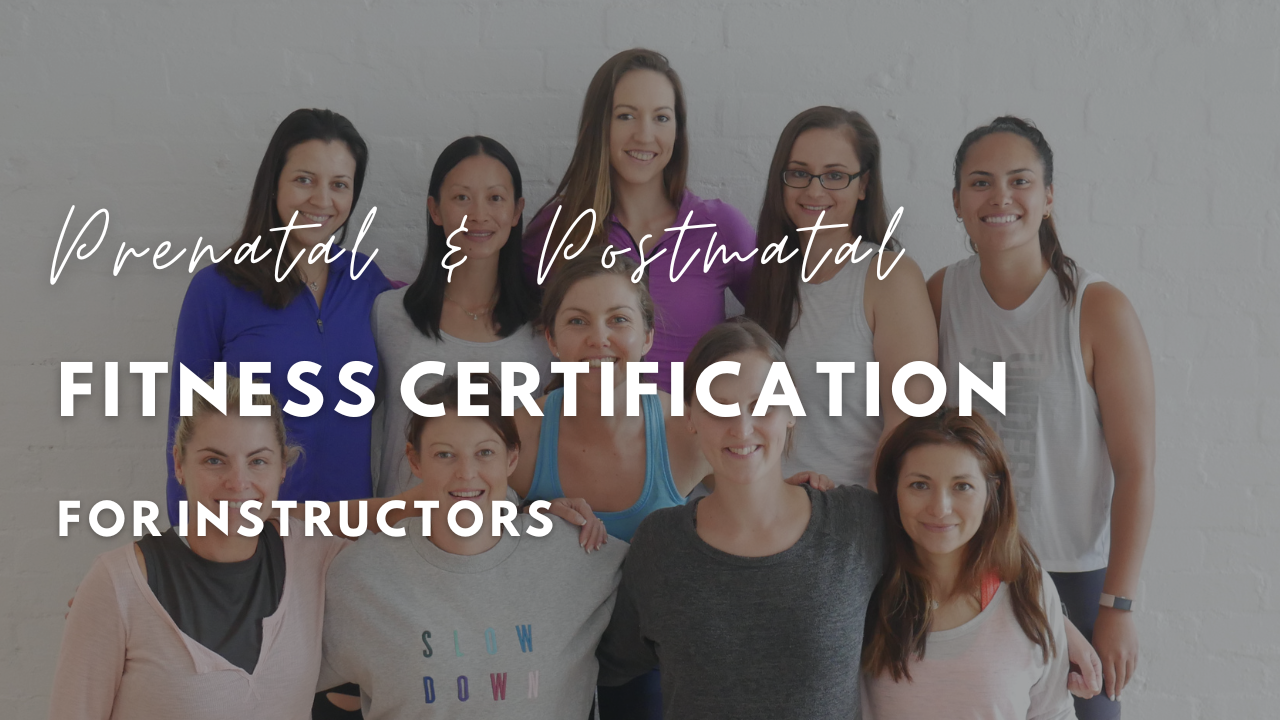How Does Exercise Change by Trimester?

How Does Exercise Change by Trimester?
It is importan to modify your exercises and workouts as you progress through each trimester. Why? Because your body is constantly changing and this impacts on how you workout.
I will break down the best exercises for each trimester, discussing modifications and precautions to take as your body changes.
You'll also hear expert tips on staying motivated and listening to your body. In the first trimester, exercises like pelvic tilts and Kegel exercises can help strengthen your core and prevent incontinence.
Trimester 1 (Weeks 1-12)
Listen to your body above all as some days you'll barely manage a 15-minute walk, and that's perfect.
Body Changes That Affect Exercise
Extreme fatigue, nausea, sore breasts, rising progesterone → higher heart rate even at rest, risk of overheating in early weeks
Your Goals
Maintain fitness if you feel okay, relieve nausea, build habit
Best Exercises:
1. Walking
2. Swimming
4. Prenatal yoga
5. Light strength training
Exercise Modifications
1. Go by how you feel, not the clock.
2. Stay very hydrated and cool.
3. It's okay to rest more - fatigue is normal.
Trimester 2 (Weeks 13-27)
As you enter the second trimester, you may need to modify your exercises to accommodate your growing belly. For example, you can try swimming or water aerobics, which are low-impact and easy on the joints.
Body Changes That Affect Exercise
Energy returns, nausea fades, belly still manageable, improved cardiovascular capacity.
Your Goals
Increase duration and frequency, build strength for the heavier months ahead
Best Exercises:
2. Swimming/water aerobics
3. Stationary cycling
4. Prenatal yoga and Pilates
5. Moderate strength training (dumbbells, bands)
6. Low-impact aerobics
7. Running (if already a runner)
Exercise Modifications
1. Golden time to hit 200–300 min/week.
2. Avoid lying flat on back after ~16-20 weeks.
3. Core work shifts to deep core + transverse abdominis (no crunches).
4. Ligaments loosen → don't push extreme ranges of motion.
Trimester 3 (Weeks 28-birth)
Shift your focus from 'workout' to 'movement for comfort and circulation' as you prepare for labor and recovery.
In the third trimester, exercises like squats and lunges can help prepare your body for childbirth and reduce the risk of back pain.
But remember to always listen to your body and take regular breaks to rest and recover.
It's also essential to stay hydrated and fuel your body with nutrient-rich foods to support your exercise routine.
Body Changes That Affect Exercise
Big belly shifts center of gravity, relaxin peaks → joint instability, lower back and pelvic pain common, rib flare, shortness of breath, swelling, fatigue returns.
Your Goals
Maintain fitness and circulation, reduce swelling and back pain, prepare pelvic congested for delivery
Best Exercises:
1. Walking
2. Swimming
3. Stationary bike
4. Prenatal yoga
5. Seated or standing strength exercises
6. Daily pelvic floor work.
7. Shorter, more frequent sessions (20-30 min several times a day).
8. Avoid exercises that make you bear down hard or feel pelvic pressure/heaviness.
9. Balance gets worse - use chairs, walls, rails.
10. Stop if you feel round-ligament pain, pubic symphysis pain, or contractions.
11. Swimming/walking in pool reduces swelling dramatically.
Is it safe to do the same exercise throughout the entire pregnancy?
Below I chat to Obstetrician Dr Thevathasan about how you should participate in trimester-specific exercises to accommodate your growing belly.
There are exercises that are recommended to do throughout your pregnancy.
There are also exercises deemed safe early in pregnancy (before 16 weeks pregnant), but not recommended later in the pregnancy, that include supine exercises where you are lying on your back.
Consistency is the key in helping reduce the shock on the body.
Related: 15 Benefits of Exercising during Pregnancy
You will experience a huge change if you do nothing for a pro-longed period of time in your pregnancy and then try to start again.
Your body is continuing to change, at a rapid rate, day by day, week by week.
How Does Exercise Change by Trimester Video
Video length: 4 minutes 26 seconds
In this video, you'll learn about effective pregnancy workouts tailored for each trimester, ensuring you remain fit and healthy throughout your journey.
Safe Pregnancy Exercises Only
Many expecting mothers struggle with how to safely exercise during pregnancy, often feeling unsure about what is safe and beneficial for them and their baby.
As an expecting mom, it's natural to have concerns about exercising while pregnant. You might be worried about putting too much stress on your body or harming your baby.
Benefits of Exercise
But the truth is, exercising during pregnancy can have numerous benefits for both you and your baby.
In fact, studies have shown that regular exercise during pregnancy can reduce the risk of gestational diabetes and hypertension.
It can also improve your mood, increase energy levels, and even prepare your body for childbirth.
Learn the Safe Exercises
One of the most common questions I get from expecting mothers is, "What exercises are safe for me to do during pregnancy?"
And the answer is, it depends on your individual health and fitness level.
For example, if you were active before getting pregnant, you can likely continue with modified versions of your usual exercises.
However, if you're new to exercise or have any underlying health conditions, it's essential to consult with your healthcare provider before starting any new workout routine.
Listen to Your Body
It's also important to listen to your body and pay attention to any signs of distress or discomfort.
If you experience any pain, dizziness, or shortness of breath during exercise, stop immediately and consult with your healthcare provider.
And remember, it's always better to err on the side of caution and prioritize your health and your baby's health above all else.
We are All Different
The key insight here is that every woman's body is different; we'll highlight the most crucial exercises that can make a significant difference in your pregnancy experience.
For example, some women may need to focus on strengthening their back muscles to alleviate back pain when pregnant, while others may need to work on their pelvic floor muscles to prevent incontinence.
By understanding your individual needs and limitations, you can create a personalized workout routine that optimizes your health and well-being.
Be Consistent
As you embark on this fitness journey, remember that consistency is key. Aim to exercise for at least 20-30 minutes, three to four times a week, and be sure to listen to your body and take rest days as needed.
It's also essential to stay connected with your healthcare provider and keep them informed about your exercise routine.
By working together, you can ensure a healthy and happy pregnancy.
To wrap up, remember that staying active is important, but always consult with your healthcare provider before starting any new workout routine during pregnancy.
If you found this guide helpful, make sure to check out our other videos on prenatal wellness in my online pregnancy health, fitness and wellbeing program.





